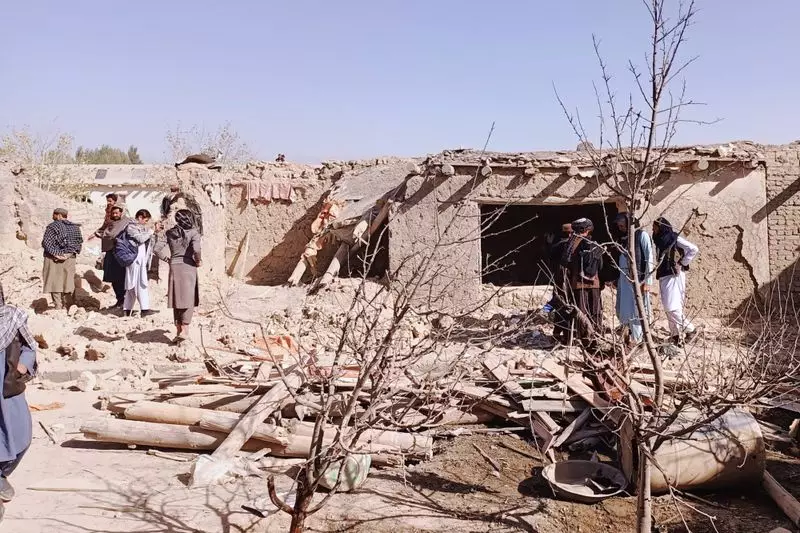
In a high-stakes diplomatic move, Pakistan has entered into critical negotiations with Afghanistan's Taliban-led government during talks hosted in Turkey. The discussions come amid escalating tensions between the neighboring nations, with Islamabad delivering a clear ultimatum: cooperate or face potential military confrontation.
The Ankara Dialogue: A Final Diplomatic Push
The talks, held in the Turkish capital of Ankara, represent what Pakistani officials describe as a "final attempt" to resolve longstanding security issues through peaceful means. Pakistan's delegation emphasized the urgent need for Afghanistan to take concrete action against terrorist groups operating from its soil, particularly the Tehreek-e-Taliban Pakistan (TTP).
"We have reached a critical juncture," stated a senior Pakistani official involved in the negotiations. "While we prefer dialogue, we cannot indefinitely tolerate attacks originating from Afghan territory. Military action remains a legitimate option if these talks fail."
Growing Security Concerns
Pakistan has witnessed a significant surge in terrorist activities since the Taliban returned to power in Kabul in 2021. According to security analysts:
- Cross-border attacks have increased by nearly 70% in the past year
- The TTP has established safe havens in eastern Afghanistan
- Pakistani security forces have suffered numerous casualties in recent months
The situation has become increasingly untenable for Islamabad, which has repeatedly called on the Afghan Taliban to honor their Doha Agreement commitments to prevent terrorist groups from using Afghan soil.
Regional Implications
The Turkey-mediated talks carry significant weight for regional stability. A failure to reach agreement could:
- Destabilize the already fragile security situation in South Asia
- Impact China's Belt and Road Initiative projects in Pakistan
- Complicate international efforts to engage with the Taliban government
- Potentially draw in other regional powers
"This isn't just about bilateral relations," noted a regional security expert. "The outcome of these talks could determine whether we see a return to large-scale conflict in the region or a new chapter of cooperation."
What Comes Next?
Both sides have agreed to continue discussions, but the clock is ticking. Pakistan has made it clear that patience is wearing thin, and the Afghan Taliban face increasing pressure to demonstrate their ability to govern effectively and prevent cross-border militancy.
The international community watches closely as these delicate negotiations unfold, aware that the stakes extend far beyond the immediate border concerns between Pakistan and Afghanistan.





